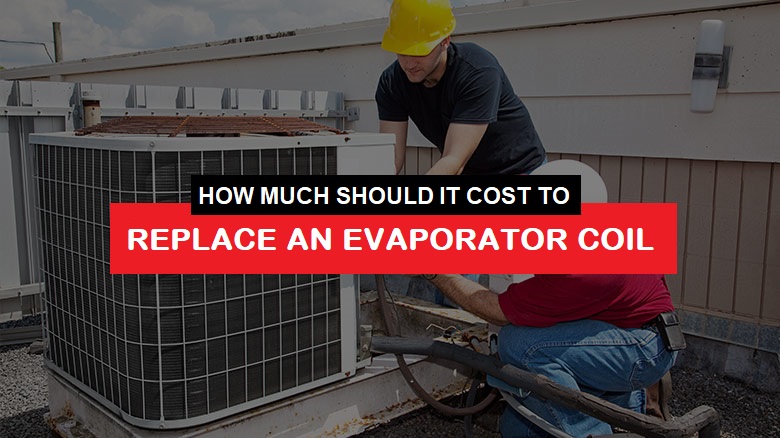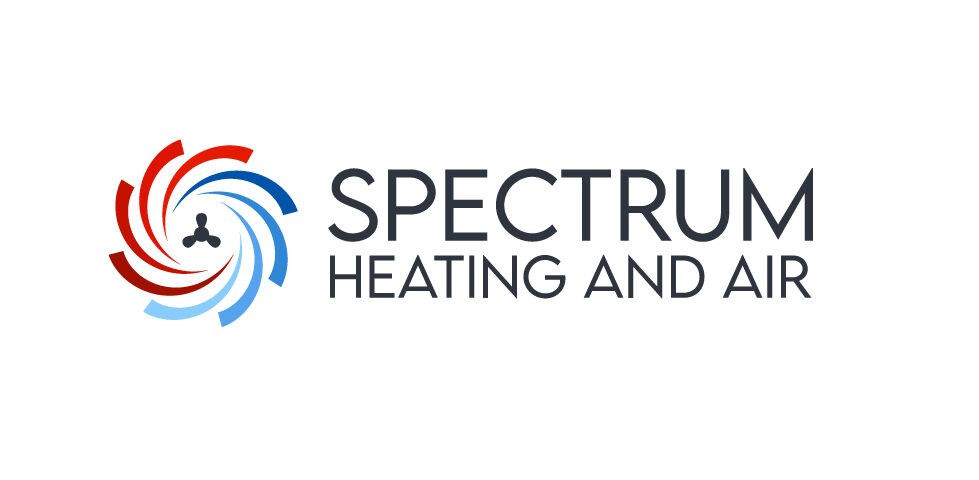When your air conditioner starts blowing warm air, there’s a good chance that a faulty evaporator coil is to blame. The evaporator coil is a crucial component of your HVAC system that plays a vital role in cooling the air. Over time, these coils can wear out or develop leaks, requiring replacement. However, before embarking on this repair journey, it’s essential to understand the costs associated with replacing an evaporator coil. In this article, we will delve into the factors affecting the cost, average expenses, and other relevant information to help you make an informed decision.

Understanding the Evaporator Coil
What is an Evaporator Coil?
An evaporator coil is a key component of your air conditioning system. It is responsible for absorbing heat from the indoor air, which cools the air before circulating it back into your living space. The process involves the refrigerant within the coil changing from a liquid state to a gaseous state, absorbing heat in the process.
How Does it Work?
The evaporator coil works in conjunction with the condenser coil, which releases the heat absorbed from the indoor air outside. Together, these coils play a crucial role in maintaining a comfortable indoor environment.
Signs of a Faulty Evaporator Coil
Several signs indicate that your evaporator coil may be faulty. If you notice any of these symptoms, it’s essential to address the issue promptly to prevent further damage to your HVAC system.
Warm Air from Vents
If your air conditioner is blowing warm air instead of cool air, it could be a sign of a malfunctioning evaporator coil. A damaged or leaking coil may fail to cool the air efficiently.
Frequent Cycling
If your air conditioner cycles on and off more frequently than usual, it could indicate an issue with the evaporator coil. The system may struggle to maintain the desired temperature due to reduced cooling capacity.
Hissing or Bubbling Noises
Unusual hissing or bubbling noises coming from your HVAC unit may suggest a refrigerant leak in the evaporator coil. This can lead to decreased cooling performance and potentially harm the compressor.
Factors Affecting the Cost
Several factors influence the cost of replacing an evaporator coil. Understanding these factors can help you prepare financially for the repair.
Type of Evaporator Coil
The type of evaporator coil you need will impact the cost. Different HVAC systems require specific coil models, and compatibility is crucial to ensure proper functioning.
Unit Size
The size of your air conditioning unit will also play a role in determining the cost. Larger units generally require more extensive and expensive coils.
Labor Costs
Labor costs for the replacement can vary based on the HVAC professional’s expertise and your location. Always obtain multiple quotes to find the best deal.
Warranty Coverage
If your HVAC system is still under warranty, it may cover some or all of the replacement costs. Review your warranty terms before proceeding with the repair.
Average Cost of Replacing an Evaporator Coil
The average cost of replacing an evaporator coil can range from $800 to $2,500, including parts and labor. However, the actual cost can vary significantly depending on the factors mentioned above.
DIY vs. Professional Replacement
While some homeowners may consider replacing the evaporator coil themselves, it’s essential to weigh the pros and cons.
Pros of DIY Replacement
- Potential cost savings on labor
- Sense of accomplishment
Cons of DIY Replacement
- Risk of improper installation leading to further damage
- Voiding warranty if applicable
- Specialized tools and knowledge required
Finding the Right HVAC Professional
When seeking an HVAC professional for the replacement, follow these tips to make an informed choice:
Research and Recommendations
Read reviews and seek recommendations from friends or family to find a reputable HVAC technician.
Getting Multiple Quotes
Obtain quotes from different HVAC professionals to compare costs and services before making a decision.
Tips to Minimize Replacement Costs
While replacing an evaporator coil can be a significant expense, these tips can help you keep costs under control:
- Consider financing options
- Explore available rebates or incentives
- Opt for regular maintenance to prolong the life of your HVAC system
Understanding HVAC Warranties
Understanding your HVAC system’s warranty coverage is essential for any replacement or repair work.
Manufacturer Warranty
The manufacturer warranty typically covers defects in materials and workmanship and may vary in duration.
Extended Warranty
An extended warranty can provide additional coverage beyond the manufacturer’s warranty, offering peace of mind for the long term.
Importance of Regular Maintenance
Regular maintenance, such as changing air filters and scheduling tune-ups, can prevent major HVAC issues and increase the lifespan of your system.
Replacing an evaporator coil is a significant undertaking but essential for restoring your air conditioning system’s proper function. Costs can vary depending on several factors, but investing in a quality replacement will improve your comfort and energy efficiency. Remember to research HVAC professionals, seek multiple quotes, and explore warranty options. With proper care and maintenance, your HVAC system will continue to keep you cool for years to come.

